Monkeys might not be known for their generosity, but when they do seem to act selflessly, a specific area in their brains keeps track of these kindnesses.
Research and publish the best content.
Get Started for FREE
Sign up with Facebook Sign up with X
I don't have a Facebook or a X account
Already have an account: Login

 Your new post is loading... Your new post is loading...
 Your new post is loading... Your new post is loading...
|
|



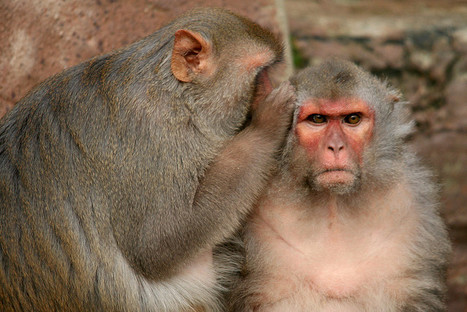



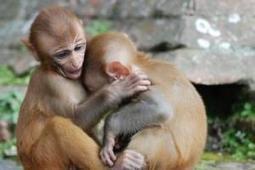


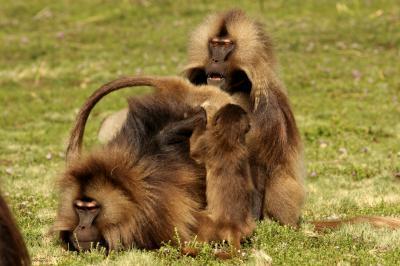
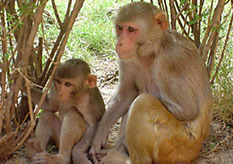
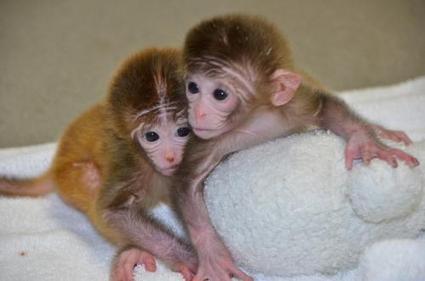






The primates have an altruistic 'tally chart' that keeps track of social rewards and gifts